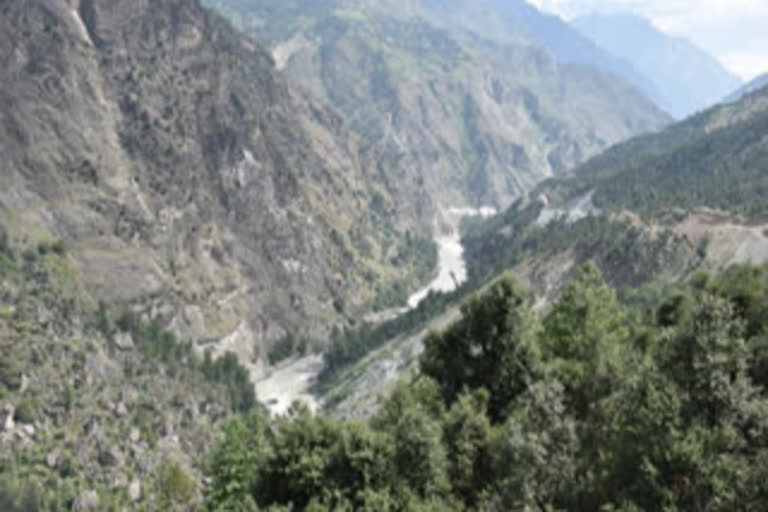New Delhi:A parliamentary panel has recommended renegotiating the Indus Water Treaty with Pakistan to address the impact of climate change on water availability in the river basin and other challenges which are not covered under the agreement. The Standing Committee on Water Resources has also recommended that India should constantly monitor the Chinese actions so as to ensure that they do not pursue any major interventions on the Brahmaputra river which could adversely affect India's national interests.
The panel tabled the report before Lok Sabha on Thursday. Under the Indus Waters Treaty signed between India and Pakistan in 1960, all the waters of the eastern rivers -- Sutlej, Beas, and Ravi -- are allocated to India for unrestricted use. The waters of western rivers -- Indus, Jhelum, and Chenab -- have been assigned largely to Pakistan.
According to the treaty, India has been given the right to generate hydroelectricity through run-of-the-river projects on the western rivers subject to specific criteria for design and operation. The treaty also gives the right to Pakistan to raise objections to designs of Indian hydroelectric projects on the western rivers.
The committee recommended that the government should examine the feasibility of making the maximum use of the provisions of the Indus Water Treaty in terms of full utilization of all accessible water of the eastern rivers and the maximum utilization of the irrigation and hydropower potential of western rivers including permissible water storage The panel observed that although the Indus Water Treaty has stood the test of time, it is of view that the treaty was framed on the basis of knowledge and technology existing at the time of its agreement in the 1960s. The perspective of both the nations at that time was confined to river management and usage of water through the construction of dams, barrages, canals, and hydro-power generation. 'Present-day pressing issues such as climate change, global warming, and environmental impact assessment, etc were not taken into account by the treaty. 'In view of this, there is a need to renegotiate the treaty so as to establish some kind of institutional structure or legislative framework to address the impact of climate change on water availability in the Indus basin and other challenges which are not covered under the treaty,' the panel said. The committee urged the government to take necessary diplomatic measures to renegotiate the Indus Water Treaty with Pakistan. With regards to China, the panel observed that there is no water treaty between New Delhi and Beijing. However, the Memoranda of Understanding (MoUs) on the Brahmaputra and Sutlej rivers have been signed by the two nations, which will be in force for five years and are renewed regularly. Besides, an Expert Level Mechanism (ELM) between both the nations has also been set up for ensuring co-operation with regard to the provision of hydrological data by China during flood season, emergency management, and other issues regarding trans-border rivers as agreed upon by the two countries. 'The committee expressed their satisfaction over the fact that China is sharing hydrological data with regard to rivers of Brahmaputra and Sutlej, though on a payment basis,' the report said.
Read: Over 27 killed, 40 injured after bus collided with truck in Pakistan's Punjab
